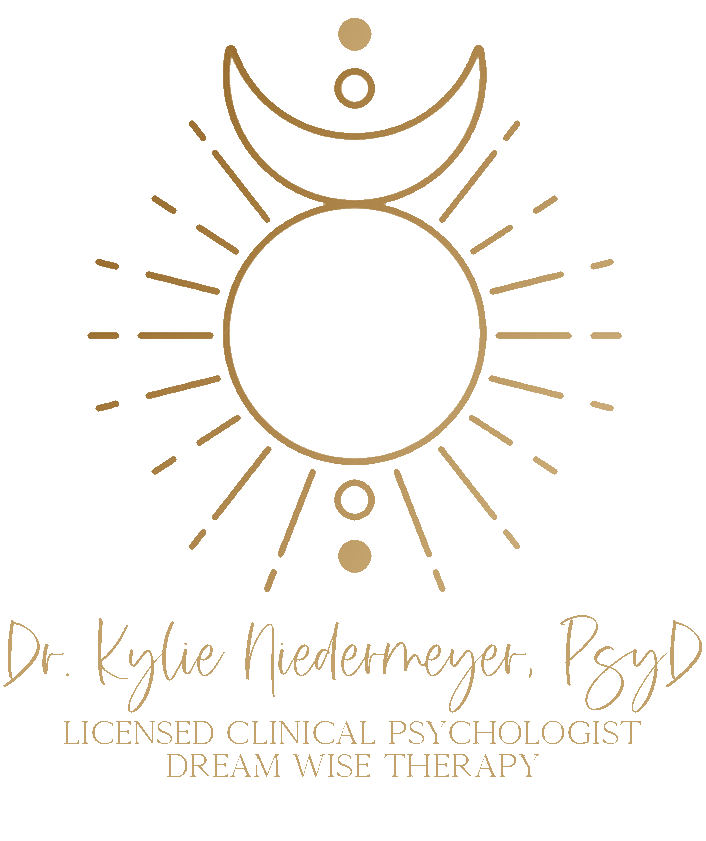
Dream Analysis & Engaging the Unconscious
for Writers & Authors
“From the living fountain of instinct flows everything that is creative; hence the unconscious is not merely conditioned by history, but is the very source of the creative impulse.”
“Some people see art as a matter of control, I see art as a matter of self-control. It’s like this: in me there is a story that wants to be told. It is my end. I am its means. If I can keep myself, my ego, my wishes, my opinions, my mental junk, out of the way and find the focus of the story, and follow the story, the story will tell itself.”
In a society that greatly overvalues the ego, our creative writing courses often-in an attempt to be helpful-teach us to ‘think’ up ideas. There are as many approaches to the practice of writing creatively as there are each of us, and this is not to decry planners or outliners, which all have their place. However, attempting to ‘think’ up a novel can often lead to inadvertent copying of successful authors, derivative work, formulaic results, or just plain feeling stuck, frustrated, and miserable throughout the drafting and revision process.
But what if there was another way?
What if art doesn’t come from thinking, from the ego? What if it comes from somewhere else? And what if there was an approach to writing a novel that felt more like following cairns (okay, maybe breadcrumbs, sometimes) through the woods? Full of adventure and wonder and mystery, and sometimes dread and fear, because you will likely confront things you don’t like or believe are ugly, but certainly things you didn’t ‘think’ up with your knuckles gripped over the keyboard?
I won’t pretend to tell you that I know what’s down there for you, or that you will write the next great American novel. But I can tell you that through learning how to engage with your unconscious, through dreamwork and other methods, you can reliably write from a place of flow and discovery that will shock, delight, and inspire you.
Many celebrated authors, poets, and artists like Ursula Le Guin, Charles Bukowski, John Keats, and Robert Butler, and even Salvador Dali (a proponent of automatic writing) spoke about this idea; that their work was “given”(Keats about Hyperion, one of his most famous works), that it’s like “channelling… you’re not really thinking about it; there’s a flow happening and you’re part of it, a witness” (Alan Ball, American Beauty). Hilariously, even the development of the scientific method itself, by Rene Descartes, was made via a series of dreams. There are many examples of some of the greatest thinkers of our time stumbling upon world-changing ideas in dreams, or in flow-both of which allow you to engage with your unconscious.
Through dream analysis, a dialogue with the unconscious is possible. When we are in dialogue with the unconscious, we are not only more emotionally and self-aware individuals, we also have access, more easily and directly, to the stories that want to come through us. In the dreamwork consultations I offer for writers, we can work with existing dreams you’ve already had as well as incubate dreams for a new novel or project. Beyond dreamwork, in the writing consultations and coaching I offer, learn other methods of reliably accessing the flow-like state and stream of ideas available to you by turning down the volume of your ego and learning to face the void within you.

